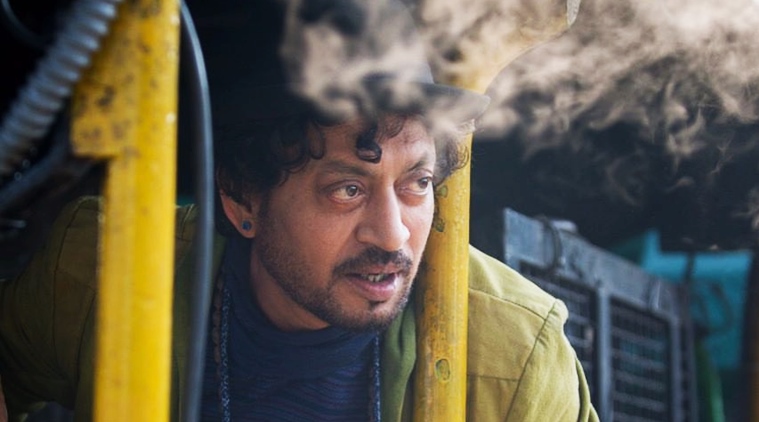 Irrfan Khan passed away on Wednesday.
Irrfan Khan passed away on Wednesday.
I do not know if I am qualified to write about Irrfan Khan. I never met him in the capacity of a film journalist. I interacted with him at a Vodafone event, and then we sort of stumbled across each other in hotel lobbies or sometimes outside the odd theatre. He never got my name, but then always remembered I wrote on technology. He would smile and say, “Naam mein kya rakha hai? Insaan pata hona chahiye.” (“What’s in a name? You should know the person.”)
We might have talked for an hour at the most across almost half a dozen encounters. We never really talked much either. By all accounts, he was a reserved person.
And yet, you somehow felt the man knew you. And that you knew him.
That was the magic of Irrfan Khan.
With Irrfan, you never got the feeling that he was playing a role. You felt it was always him out there. When you went to see ‘an Irrfan Khan film’, you pretty much had an idea of what would be coming. He was not gimmicky or over the top. If anything, there was a certain level of calm around him even in his comic roles (Dil Kabaddi, anyone?). It was very Humphrey Bogart in a way – generally the same expressions, the same delivery and more often than not the same appearance. And it was not just limited to the silver screen but even in interviews as I experienced in casual meetings.
And yet, he managed to convey so much. Perhaps that is why everyone identified not just with the character he was playing, but with the man himself. There was no pretension. No layers. No duplicity. No star tantrums. No exaggerated humility. Just the man. There have not been too many like that (Farooque Sheikh is the only name that comes to my mind). Some would call that being “limited” as an actor. After all, some actors could do much more, maybe scream and shout more emotionally, maybe fiddle with their appearances and sing, dance and fight more vigorously. Irrfan Khan did not need to. He was like a cricket player who could play only one stroke, but could play it against any kind of delivery, elegantly, effectively and almost effortlessly.
While other actors blended into film characters, film characters tended to blend into Irrfan Khan. One could imagine him in any role, and one would know how he would do it. And it would seem perfect.
In a world where change was constant and considered a virtue, he was a consistent person on and off the screen. Which is why the news of his demise was accompanied by grief that seemed almost personal. Many felt that this was not an actor that they had lost but someone who had been a part of their lives.
No, he never got my name right. But he never forgot that I did not drive. So almost all of our conversations ended with the same query from him: “Aap ab kahan jaayenge? Kaise jaayenge – gaadi to chalaate nahin hain? Main drop karwa doon?” (“Where will you go now? How will you go – you don’t have a vehicle? Shall I get you dropped?”)
Most stars would not bother so much about a freelance writer. But then Irrfan Khan was not a star. He was always the same person. A person you knew, and could identify with. Simply because he never seemed to change, but was content being what he was. People stretched their horizons. He would try to do more within his horizon.
Irrfan Khan made you feel like a better person. Because, somehow, he seemed just like you – Human. And as we realised today, all too mortal.
Which is why his death is not the death of a star. Or a celebrity. It is more personal. Deeply personal.
It is like a bit of many of us has passed away.